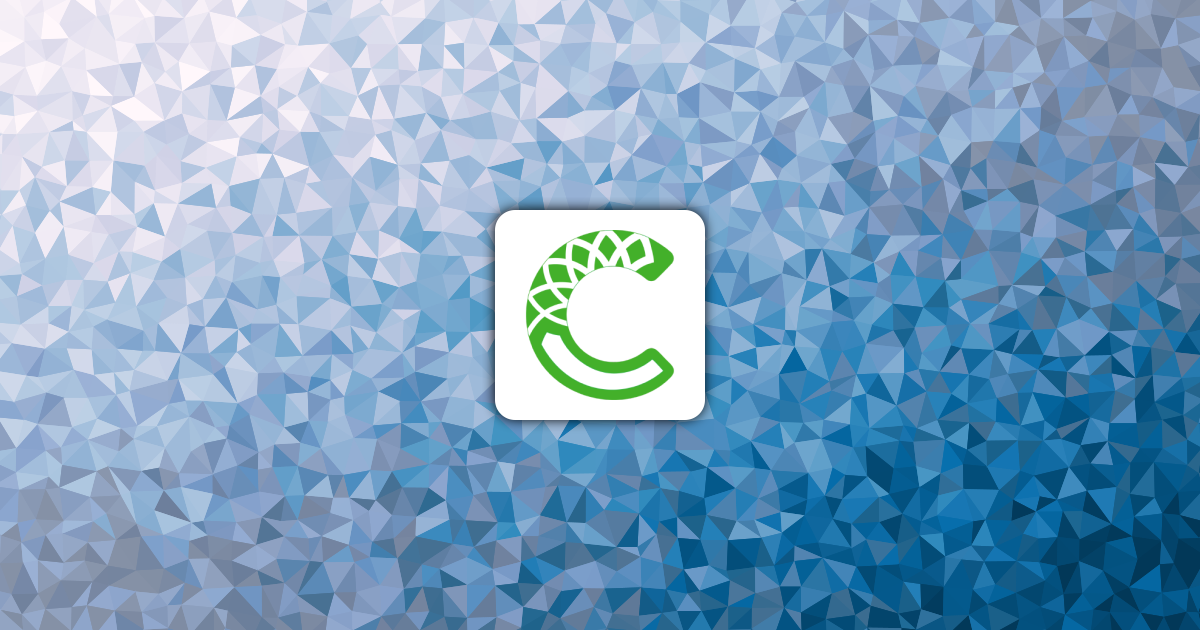condastats is back

condastats is a command-line tool and Python library for querying download statistics of conda packages from the Anaconda public dataset. The project hadn't seen a release since August 2022, so we spent some time updating it to work with current Python and pandas versions, cleaning up the codebase, rewriting the documentation, and adding an interactive browser demo. The result is condastats 0.4.2 -- here's what's new and how to use it.














